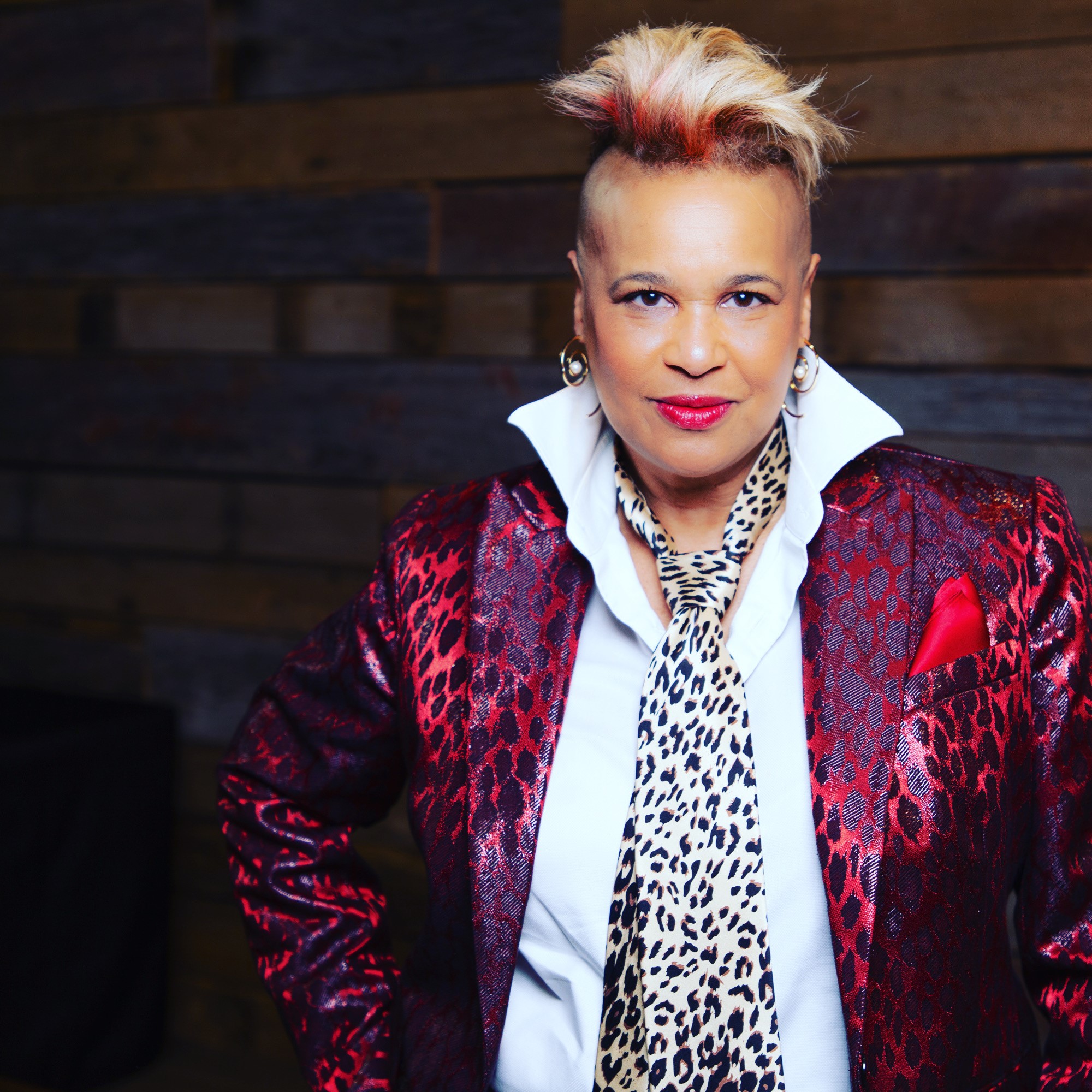Thursday, February 25, 2021
Blog topics:
Archive
Perspective From The Field Series
The strength of Indiana is that we bring together a variety of perspectives from the plethora of areas that touch the field of cyber, especially through the Indiana Executive Council on Cybersecurity (IECC). Hence the name "Perspectives From the Field Series" in which we invite experts to discuss the real and challenging issues we are facing in the field and the proposed solutions from the experts to better the lives and businesses of all Hoosiers.
In the final blog installment celebrating #BlackHistoryMonth, we wanted to ask a valued member of the IECC and partner, Linda Calvin, who is the Vice President of the School of Information Technology at Ivy Tech, to talk frankly about where we are now with developing a workforce in cybersecurity to include African Americans, especially as the need for cyber professionals continues to grow.

By Linda Calvin
With the proliferation of the Internet of Things (IoT), now we have bad actors who want to hack into your smart homes, your smart devices, and even your cars. The Bureau of Labor Statistics states that information security analyst jobs are expected to grow 18 percent through 2024. Huge demand for cyber! However, the numbers of African Americans in cyber aren't improving. Why?
Linda Calvin's List of Whys
#1. What the heck is cybersecurity? Unless you live and breathe tech, cybersecurity seems like something out of a Tom Clancy novel or a Jason Bourne movie. Put simply: cybersecurity is the practice of protecting systems, networks, and programs from digital attacks. With COVID, I saw more messages about how I needed to renew my Netflix subscription than I could count. I didn't have one in my name! A cyber professional identifies these phishing attempts and designs solutions to protect data. We need to make cybersecurity relatable and map it to passion and interest, then we can attract more talent of all genders and races.
#2. It's too technical. Attempts have been made to demystify cybersecurity by classifying it as non-technical. That's not the right approach. It's technical -- you have to understand the foundation of coding, but you don't have to be a Jedi codesmasher to enter the field of cybersecurity. You need to understand how to unpack a problem, have a robust intellectual curiosity with a desire to learn, logical thinking, and troubleshooting skills.
At Ivy Tech, in our nationally-recognized and accredited cyber program, we spend time helping students understand the basics before we dive into the advanced topics. And, sure, students are exposed to coding. But it's more about understanding those minefields hackers are creating for you than it is about you writing hundreds or thousands of lines of code.
#3. When you can see us, You can be us. We need to see more black cybersecurity role models. We do exist. There are organizations such as Blacks in Cybersecurity, the International Consortium of Minority Cybersecurity Professionals, influential black cybersecurity leaders, the Black Cybersecurity Association, and Women in Cybersecurity. We need more black leaders to be visible and we need cyber leaders to mentor and tell stories of why cybersecurity is important.
#4. The Song Remains the Same - Bias and Racism. The disparity in the lack of black or African American men and women in cyber can be attributed to the disparity in tech overall -- bias in hiring and racism. The tech industry, as a whole, has a poor report card on ethnic diversity. We address this by applying intentional analysis into hiring practices and deconstructing the false narratives that black people are not technical enough or have the requisite subject matter expertise to lead or work in cyber. It's a big challenge, but not insurmountable if we get tech leaders to root out bias in their organizations.
Why is it important to have more African American representation?
Diversity fuels innovation and studies prove this out. However, what we also know is that to build an application or design a process that serves a diverse audience, you must have diversity at the table. If we have homogenous voices designing security solutions, will those solutions ultimately encompass people of color, people of different socioeconomic statuses? It's critical that we get black adults and youth excited about cybersecurity and cyber hygiene! It's essential that we expose youth to cybersecurity in elementary school and middle school as they adopt more technology. To protect the workforce, we must reflect the workforce.


